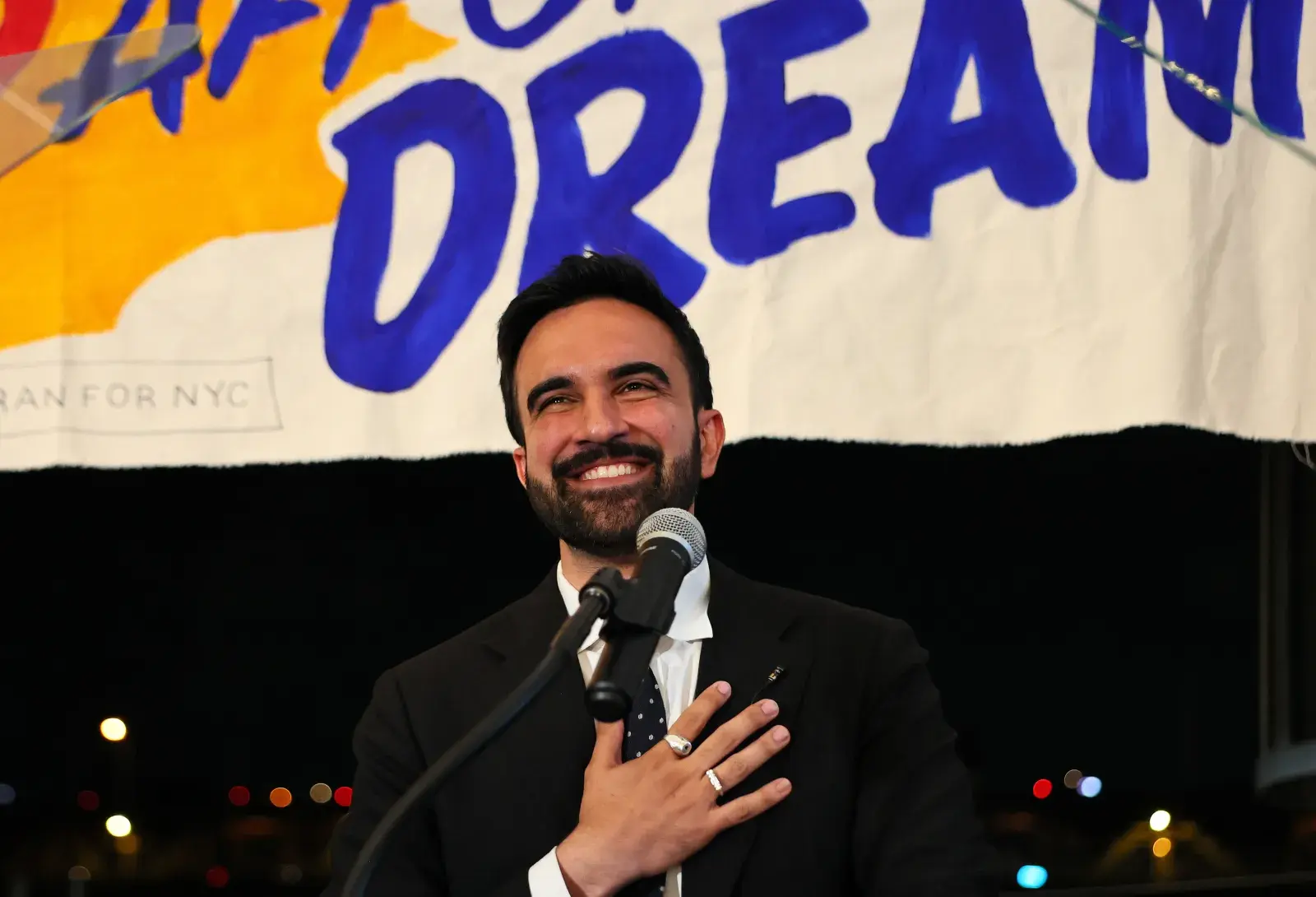When Donald Trump steps forward to present a “peace deal," it is crucial to ask two questions: who is defining "peace," and who profits from it? For Trump, as his public statements and satirical AI videos make clear, the new Gaza ceasefire agreement is less about justice or human rights than about consolidating power, influence and profit. Meanwhile, media conversations around peace often ignore broader structural and historical realities, including arms deals, lobbying networks and the deep involvement of the United States and Western countries in the region.
The Middle East has long experienced the consequences of imperial wars, proxy conflicts and divide-and-rule strategies. Palestinians in particular are acutely aware of this reality. Israel’s history of repeatedly breaking ceasefire agreements demonstrates that any promise of temporary calm is fragile. Since the latest ceasefire agreement went into effect on October 10, more than 100 Palestinians in Gaza have been killed and over 250 have been injured, while vital aid delivery points remain closed. Such actions are possible only because Israel operates with near-total impunity, shielded by global powers that have historically turned a blind eye.
Palestinians are not seeking an abstract "peace" dictated by distant powers; they are fighting for liberation and justice. True peace is inseparable from justice. The political and economic structures currently in place perpetuate injustice. They aim to colonize and ethnically cleanse historic Palestine. Just as Adolf Hitler’s vision for a "great Germany" relied on the elimination of entire populations, the policies and actions of the Israeli regime today reflect a systematic attempt to dominate and displace Palestinians. Over the past two years, these patterns have become increasingly visible: the Israeli military targets neighboring countries, civilian populations and humanitarian corridors, while global powers manufacture consent for ongoing atrocities in the region.
Structural change is necessary. The world must impose sanctions on those profiting from or enabling violence, halt weapon deliveries and ensure accountability for the individuals and institutions complicit in the killing and dehumanization of civilians. This complicity extends beyond Israel to include all those who politically, financially and morally support the ongoing genocide. Media organizations that normalize violence and dehumanize Palestinians, Muslims and Arabs must also be held to account. Without systemic accountability, ceasefire agreements will offer no real relief and only serve to deceive Palestinians and the world, masking ongoing violence as temporary calm.

This is why grassroots, nonviolent action matters. The Global Sumud Flotilla is one example: a mass mobilization of dozens of boats and hundreds of international activists coming together to challenge the illegal and inhumane blockade of Gaza. The Freedom Flotilla Coalition's Madleen, the first vessel to attempt a humanitarian intervention during the genocide, marked a turning point. Its interception and the imprisonment of its participants highlighted the lengths to which authorities will go to maintain control and suppress international solidarity. Yet the response from international governments and media—carefully choreographed to present the flotilla's aim as one of "peace," rather than liberation and justice—has not changed the reality on the ground.
The flotilla demonstrated the power of collective action and international mobilization. People from around the globe can unite quickly to demand justice and humanitarian access. Governments may fear the anger of the people precisely because they recognize that power ultimately resides in the collective, not in the narratives crafted in diplomatic offices. The flotilla was not the cause of any temporary ceasefire; it was part of a broader movement showing that ordinary citizens can influence the discourse, demand accountability and refuse to accept as inevitable the slow, systematic genocide that unfolded up until October 7 and escalated thereafter.
Bombing nations, enforcing blockades and underwriting military campaigns will never create real peace. They only deepen destruction. Ultimately, peace cannot be defined by those who profit from war, occupation or political expedience. It must be rooted in justice, accountability and recognition of the rights of the oppressed. Until that happens, ceasefires and "peace deals" will remain superficial gestures, temporary "pauses" that mask deeper violence and ongoing dispossession. The Palestinians in Gaza, and those who stand with them internationally, understand this truth: only sustained action, global solidarity and systemic accountability can make real peace possible.
The Global Sumud Flotilla was just the beginning. It was a proof of concept, demonstrating that ordinary people, across borders, can challenge injustice, demand the lifting of blockades and insist that those responsible for decades of violence be held to account. If governments ignore it, the momentum will not vanish, but grow, fueled by the same principle that guides the struggle in Palestine: justice cannot wait.
Yasemin Acar is a member of the steering committee for the Global Sumud Flotilla and Freedom Flotilla Coalition.
The views expressed in this article are the writer's own.



















